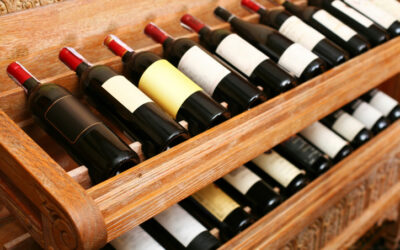Most Wine lovers understand that some bottles are worth more than others, but what really makes one cost more than another? While some wines are so valuable that they become collectibles, even everyday wines are affected by several key factors determining their worth. For collections, here’s what to consider:
Time
A common assumption has it that the older a wine is, the better it is, particularly red wine. Understanding what time adds to certain wine types is important. Time alters the taste of the fruit flavors in wine and reduces wine’s acidity and tannin content. Well-aged wines contain fruit notes that taste like dried fruits and stewed fruits. Reduction of the acidity and tannin levels renders the wine rounder and smoother. Reserva Rioja and Barbaresco are two wine types that taste better after ten years.
Oak
The world’s most coveted wineries age their wines in oak, with many using new oak. Putting wine in oak barrels adds oak flavors and also exposes the wine to oxygen. Oxygen reduces tannins in wine and results in a smoother product. Due to the oxygen infusion through the barrels, some wine is vaporized inside at a rate of about 2% per year. This evaporation is known as the ”angel’s share,” and causes the wine in the barrel to taste more concentrated. The fact that only two barrels can come from an 80-year-old oak tree makes oak barrels expensive, leading to a correlating increase in the price of wine.
Terroir
Terroir is how a particular region’s climate, soils and aspect (terrain) affect the taste of wine. Great winemakers concur that great wine comes from the vineyard. So as to produce excellent grapes, wineries concentrate on reducing yields. Reduced yields make the resulting wines more intense. The actual location of where the grapes grow also matters. The best vineyards tend to be in areas where vines produce few grapes. For instance, good grapes grow on hills with low nutrient soils. In locations where the terroir becomes distinct and scarcer, the price usually increases by $5. For comparison, a generic California wine costs $12, while a Sonoma wine costs $17, and a Russian River Valley wine costs $22.




